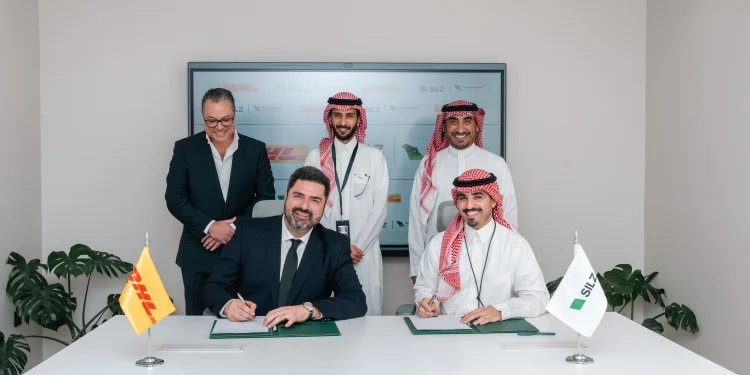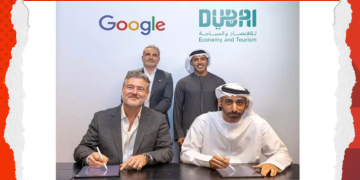A new build with global reach
DHL Supply Chain has announced a EUR 130 million investment, about SAR 561.5 million, to build a major logistics and distribution hub at Saudi Arabia’s Special Integrated Logistics Zone in Riyadh. The project sits on a 78,000 square metre land plot and includes 53,000 square metres of advanced multi-user warehouse space designed for technology, retail, automotive, energy and e-commerce customers.
Construction is scheduled to begin in the first quarter of 2026. DHL expects completion by the second quarter of 2027. The hub is eight kilometres from King Khalid International Airport and connected to it through a bonded corridor, giving companies quick access to regional and global trade routes.
Why this site matters for Saudi logistics
The investment supports Saudi Arabia’s ambition to become a global logistics centre under Vision 2030. It also shows how major supply-chain companies are preparing for rising demand in the Middle East by building automated, data-driven infrastructure before growth peaks.
Hendrik Venter, CEO of DHL Supply Chain for Europe, Middle East and Africa, said:
“The Middle East is one of the fastest growing logistics regions globally, and Saudi Arabia sits at the centre of this transformation. Our approach is to invest ahead of demand.”
SILZ CEO Dr Fadi Al-Buhairan described the facility as part of a “next generation of smart logistics infrastructure” built on DHL’s global expertise and SILZ’s advanced capabilities. The hub is designed to support high-value industries that depend on automated fulfilment, real-time monitoring and integrated warehouse systems. It signals that robotics, advanced logistics platforms and digital supply-chain tools are becoming standard within Saudi Arabia’s industrial ecosystem.
The people and industries who gain first
Companies shipping through Saudi Arabia will benefit first, especially those in e-commerce, consumer tech, energy equipment, automotive parts and fast-moving retail. Regional supply-chain planners may also rethink distribution networks and consider locating hubs within the Kingdom rather than relying on the UAE or European entry points.
The project will influence the local workforce as DHL builds teams capable of operating a highly digital and automated warehouse environment. This may support new training and hiring pathways within the Saudi logistics sector.
How the project unfolds from here
The project now moves into its pre-construction planning stage, followed by a two-year build. Over the next year, DHL will define automation levels, digital workflows and multi-industry service models for the site. As Saudi Arabia continues to promote SILZ as a global logistics zone, more announcements are expected around tenant partnerships, regulatory facilitation and technology deployment.
The main indicator of success will be how quickly regional and international companies choose the facility to move goods across Asia, Africa and Europe.














